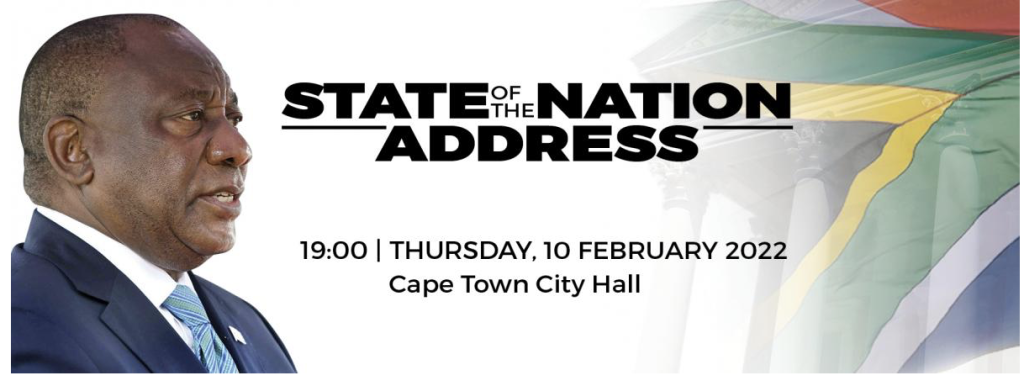Anticipating SONA 2025: What You Need to Know Ahead of February 6th

On Thursday evening, South Africans everywhere will tune in to hear President Cyril Ramaphosa deliver the 2025 State of the Nation Address (SONA) from Cape Town’s City Hall. This address, scheduled for 7 pm, will be the first of the seventh administration, but it comes at a time when Ramaphosa’s leadership is increasingly under fire. His presidency has been marked by inaction, indecisiveness, and an alarming lack of patriotism in the face of the country’s most pressing challenges
Deputy Minister in The Presidency, Kenny Morolong, has urged South Africans to engage with the address through television, radio, and social media. However, the reality is that many citizens are long past relying on speeches for meaningful change. After years of broken promise and a lack of accountability. It remains to be seen how Ramaphosa can inspire hope or demonstrate a true commitment to his country’s future. His approach to governance has often been criticised as unpatriotic, prioritising political deals and appeasing powerful interests rather than tackling the urgent needs of ordinary South Africans.
One of the most glaring failures of Ramaphosa’s administration has been its handling of the energy crisis. The country’s crippling power outages have become a daily burden on businesses, households, and the economy as a whole, yet Ramaphosa’s response has been sluggish and insufficient. His plans for resolving the energy crisis have lacked urgency, and his government’s actions have been woefully inadequate.
Ramaphosa’s non-patriotic approach to this crisis is evident in his failure to prioritize the needs of the South African people over political maneuvering and corporate interests. His administration has been reluctant to make the tough decisions required to restore confidence in his administration.
In the upcoming SONA, South Africans will be looking for answers to the loadshedding crisis, but given the track record of Ramaphosa’s leadership, it is unlikely that the speech will offer any new or innovative solutions. Instead, it will probably be another round of empty rhetoric, with the president paying lip service to the challenges the country faces without outlining any real plans for change. The SONA will also focus on the priorities of the Government of National Unity (GNU), including job creation, poverty reduction, and state capacity building—but these promises have become so familiar they now ring hollow. The truth is that Ramaphosa’s administration has shown little ability to translate words into action, and there are few who still believe his government can turn things around.
Rather than taking bold steps to address issues in South Africa, he has instead been more concerned with maintaining political alliances and safeguarding his own position within the ruling party. His approach to governance lacks the patriotism and determination necessary to put South Africa’s interests first. The president’s priorities seem increasingly aligned with the preservation of political power rather than the advancement of the nation’s welfare.
As the nation listens to Ramaphosa’s address, the question will remain: can he finally take ownership of the country’s challenges and demonstrate the courage and leadership that South Africa desperately needs? Sadly, after years of ineffective leadership, it is difficult to see how this SONA will offer anything other than more of the same—empty promises, vague plans, and no real action. South Africans deserve better than this from their president. What they need is a leader who is genuinely committed to the nation’s future, willing to make the tough decisions, and, most importantly, able to put patriotism and national interest above political convenience.
The power of prayer within the church plays a crucial role in fostering both peace and prosperity in the nation of South Africa. It is through the intercession of the church that divine intervention and guidance can be manifested in South Africa and the nations government officials. The role of the church is essential in fostering a climate where both peace and economic well-being can flourish.
